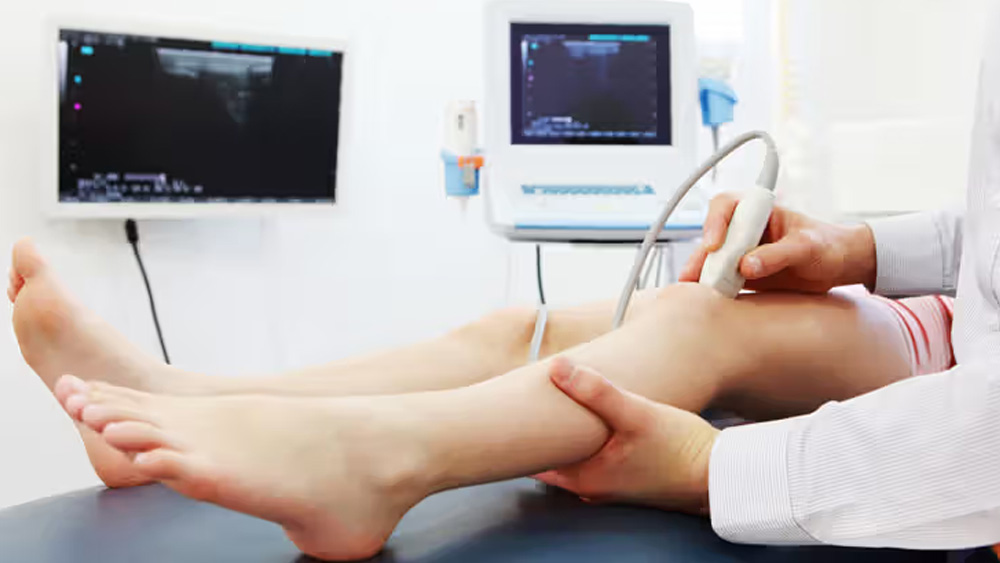A Simple Guide to Doppler Studies for Patients
1. Introduction:
Doppler Ultrasound is a specialized imaging test that assesses blood flow in arteries and veins. It helps detect circulation issues, blockages, or abnormalities in blood vessels.
2. Purpose:
Doppler studies are used to:
- Evaluate blood flow in the fetus during pregnancy (Obstetric Doppler).
- Detect blockages, narrowing, or clots in blood vessels.
- Assess varicose veins or deep vein thrombosis (DVT).
- Monitor blood circulation in organs like the liver and kidneys.
- Check for vascular conditions like peripheral artery disease (PAD).
3. Types of Doppler Studies:
- Obstetric Doppler: Monitors blood flow between the placenta and fetus to assess fetal well-being.
- Carotid Doppler: Evaluates blood flow in the carotid arteries supplying the brain.
- Venous Doppler: Detects blood clots or vein disorders.
- Arterial Doppler: Assesses narrowing or blockages in arteries.
- Renal Doppler: Examines blood flow in the kidneys.
4. Procedure:
- A gel is applied to the skin over the area being examined.
- A transducer is moved over the area to capture blood flow images.
- The scan usually takes 20–45 minutes.
- The test is non-invasive and painless.
5. Preparation:
- No special preparation is required for most Doppler studies.
- For abdominal Doppler scans, fasting for 4–6 hours may be needed.
- Wear loose, comfortable clothing.
6. What to Expect During the Test:
- You will lie down while the technician moves the probe over the area.
- You may hear pulsating sounds as blood flow is measured.
- The doctor will analyze the blood flow patterns and circulation.
7. After the Test:
- You can resume normal activities immediately.
- The results will be reviewed by a specialist and shared with your doctor.
- If circulation problems are detected, further tests or treatments may be recommended.
8. FAQs:
- Is Doppler Ultrasound safe?
Yes, it is a safe and radiation-free test. - When is Obstetric Doppler performed?
Typically in the third trimester to monitor fetal health. - Will it detect all circulation issues?
It helps diagnose most vascular conditions, but further tests may be needed. - Does it require contrast dye?
No, Doppler studies do not use contrast agents.
For any concerns or specific instructions, consult your doctor or radiology center.
